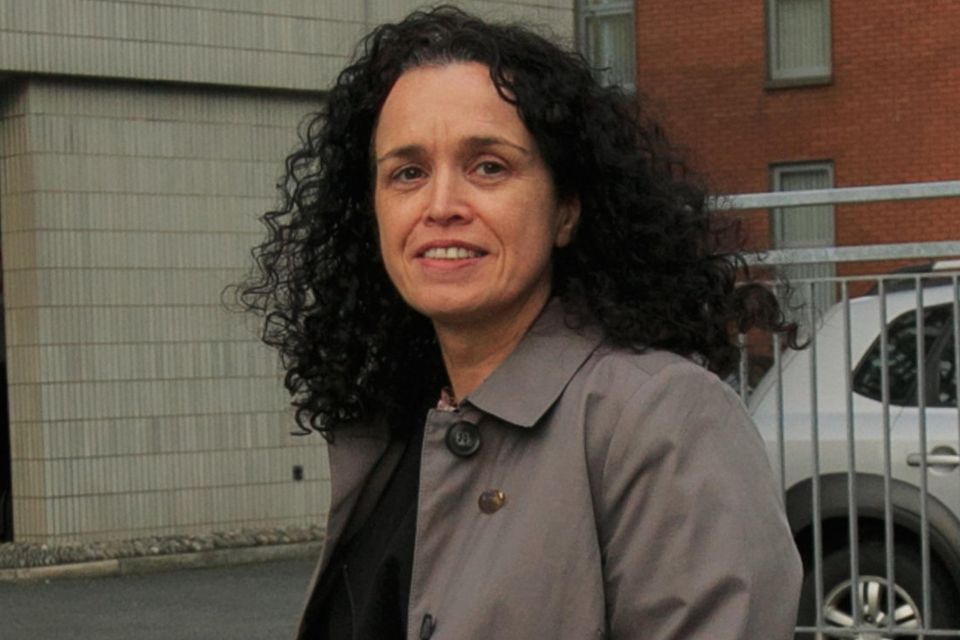5,000 nurse managers to lose out on wage rises under €35m deal
Phase two: Phil Ní Sheaghdha says an expert group will focus on wages
Around 5,000 nurses will lose out on wage rises under the new €35m-a-year pay deal, it has been confirmed.
Nurses who have managerial responsibility are not included in this round of pay rises recommended by the Labour Court.
Some of these nurses may benefit from changes to allowances but will have to wait until an expert group reports to have their wage rise examined.
The delay is expected to lead to some level of grievance among these nurses, who will challenge the Irish Nurses and Midwives Organisation (INMO) about their exclusion despite their level of responsibility.
It means some staff nurses at the top of the scale on a new contract worth €52,821 may be earning more than their manager.
General secretary of the INMO Phil Ní Sheaghdha said particular focus would be put on wage increases for nurses in managerial roles by the independent expert group, which is due to look at the modern role of the profession over six months.
She said an expert group would "examine, in a short period of time, remaining pay and reform issues including those affecting senior management grades".
The union is describing the Labour Court recommendation as phase one, with phase two yet to come.
It says a combination of a higher pay scale and an extension of allowances worth €2,229 and €3,350 will bring big benefits to a majority of its members.
The next step is to negotiate the detail of the new nurses' contract and the HSE is expected to ask for significant productivity concessions in return for the higher pay.
INMO members will be asked to ballot on the proposals between March 11 and March 25.
Figures from the Nursing and Midwifery Board of Ireland, the regulatory body for nurses, indicate a growing reliance on nurses from outside the EU to staff Irish hospitals and health facilities.
The number of nurses from outside the EU newly registered here quadrupled in the last four years from 343 to 1,143.
Newly registered EU-trained nurses, excluding Ireland, went up from 517 to 1,018 in the same four years.
The number of first-time registered Irish-trained nurses fell slightly from 1,389 to 1,342.
Between 2015 and 2018, the majority of nurses asking for verification - a certificate to work abroad - have trained in Ireland, India, the Philippines and the United Kingdom.
The nursing board pointed out that verification is only an intention to leave Ireland, and not all nurses who get one act on it.
Between 2015 to 2018, each year, nearly one-in-five nurses who asked for their verifications to leave were Irish-trained and in their first year of registration.
Nearly one in 10 were registered here for their third year.
During that time, an average of 1,360 Irish-trained nurses and midwives were being registered for the first time, every year.
Interest in working abroad is strongest among nurses who are most recently qualified, but it continues to a lesser degree in the early years of their career.
Meanwhile, hospital consultants may now be in a stronger position to close their pay gap of 30pc between new recruits and longer serving doctors.
The Public Service Pay Commission has already noted that the 30pc cut applied to post-2012 entrants was more stringent than for other groups, according to a report in 'Industrial Relations News'.
The commission also recognised that there is a recruitment problem among consultants.
The Irish Medical Organisation and the Irish Hospital Consultants Association have been seeking talks on the issues.
Join the Irish Independent WhatsApp channel
Stay up to date with all the latest news















